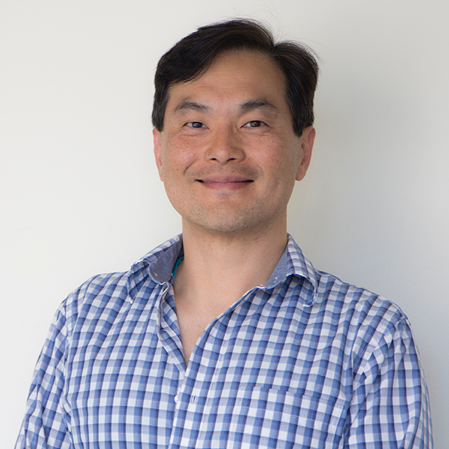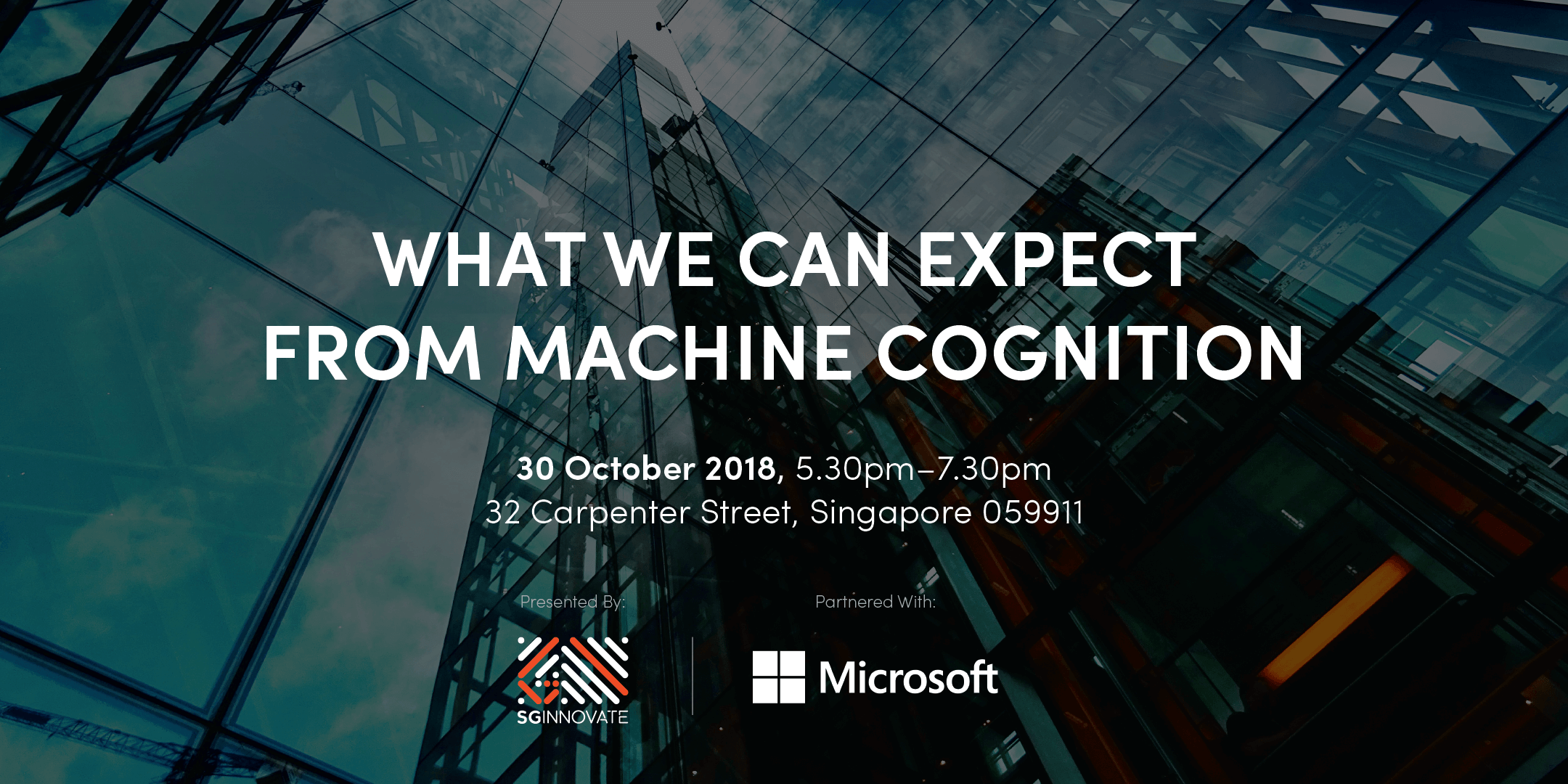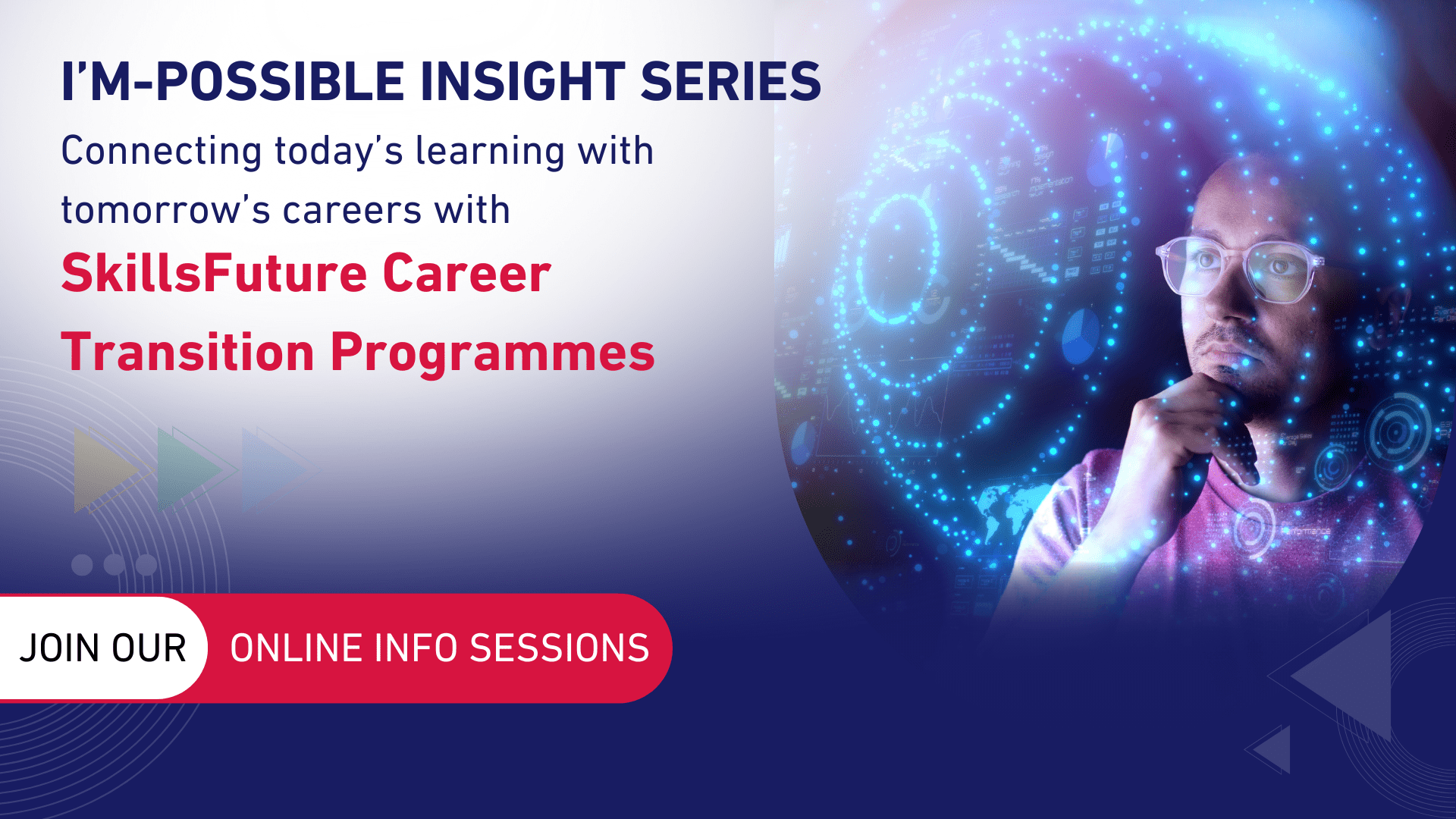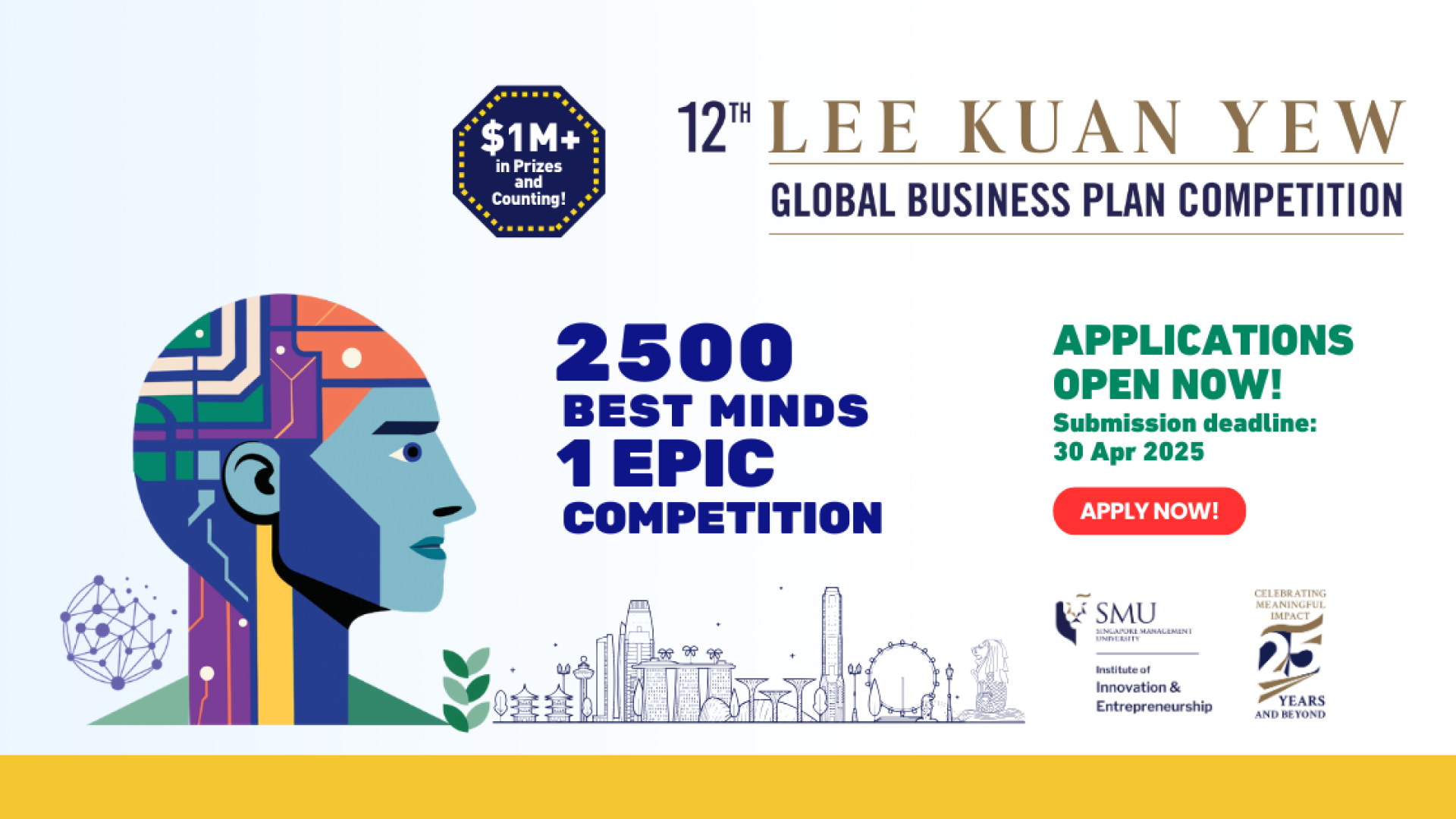Overview
Recent decades have witnessed the remarkable progress in artificial intelligence (AI). However, there are still opposing views on the prospect of AI as being yet another cyclic hype or a new development with sustaining power. As the evidence becomes less controversial in the area of recognition, we focus the discussion on the next level of mental capacity necessary to intelligent behaviors, namely, the capability of cognition that involves knowledge acquisition, inference and reasoning, and reinforcement learning. We present our views by way of the current status of Microsoft Academic Graph (MAG), a project in Microsoft Research that teaches machine to obtain knowledge by reading scholarly publications, and contemplate what machine can do in the near future based on the trajectory being observed thus far. As MAG is open to the public, how it can be used through PySpark and what types of applications it has enabled will also be described.
Date : 30 October 2018, Tuesday
Time : 5:30pm 7:30pm
Venue : 32 Carpenter Street, Singapore 059911
Programme:
5:30 pm 6:00 pm: Registration
6:00 pm 7:00 pm: Event and Q&A
7:00 pm 7:30 pm: Networking and End
Speaker:
Kuansan Wang, Managing Director, MSR Outreach Academic Services
Kuansan came to Microsoft Research in March 1998, first as a Researcher in the speech technology group working on the areas of spoken language understanding and dialog modeling.
Since September 2007, he is with Microsoft Research (MSR), joining the newly founded Internet Service Research Center with a mission to revolutionize online services and make Web more intelligent where he has been teaching machines to read the massive web contents to extract the knowledge, to understand users' interests and anticipate their needs, and to serve and alert the web knowledge to users in a helpful way, including engaging in a natural conversation or multimodal dialog.
Before joining Microsoft, Kuansan worked at Bell Labs from 1994 to 1996, and the NYNEX (now part of Verizon) Science and Technology Center.
He received his M.S. and Ph.D. from the University of Maryland in 1989 and 1994, and his B.S. from National Taiwan University in 1986, all in Electrical Engineering.






